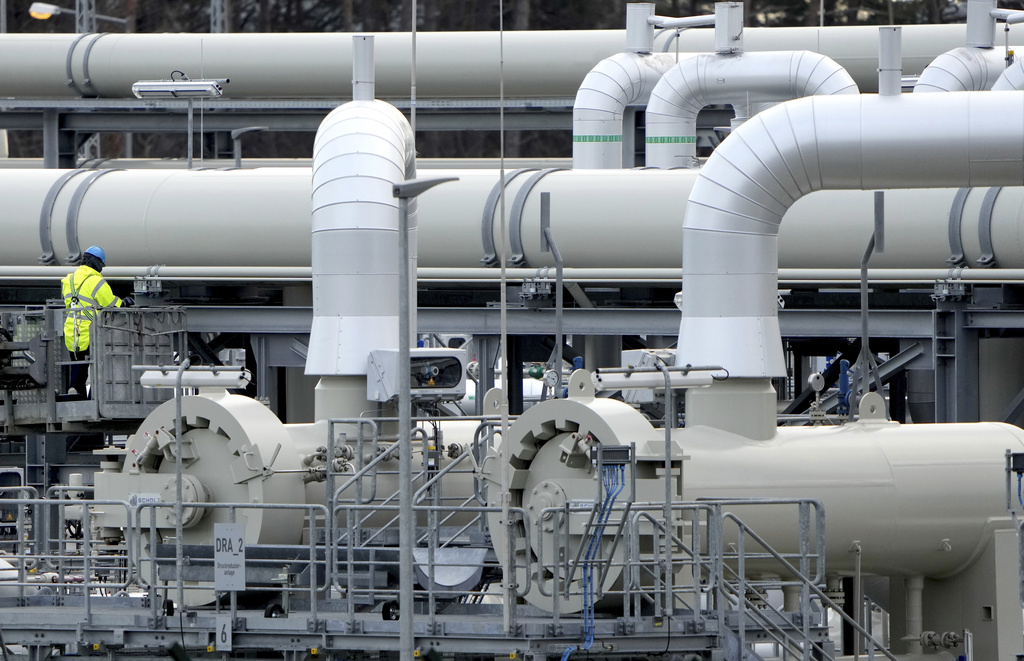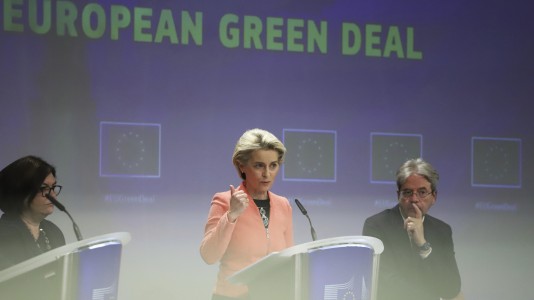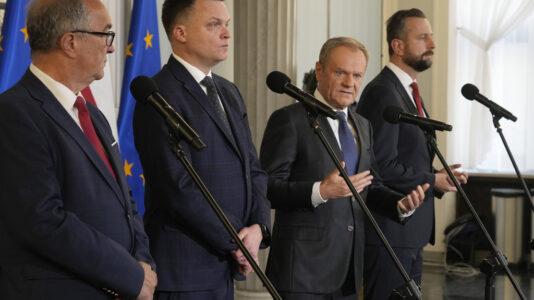The European Commission is likely to sue Germany for breaching EU single market rules by charging neighboring countries extra for buying gas from its storage facilities. According to Reuters, the infringement proceedings could start within days.
The German tariff is a legacy of the energy crisis, which peaked in 2022 as a result of the Russia-Ukraine war. Moscow had already cut gas supplies to Europe before the conflict, and later a sabotage attack orchestrated by still unknown perpetrators completely destroyed the Nord Stream gas pipelines from Russia to Germany
In order to recoup its losses, Germany introduced the so-called “neutrality fee” on gas sales to neighboring countries and on operators using the network for export. The extra payment has more than tripled since its introduction in October 2022. Member states say this is against EU single market rules, which prohibit the imposition of tariffs on trade between EU countries.
However, a spokesman for the German economy ministry said the levy was not discriminatory, and the ministry argues other EU countries have benefited from Germany’s rapid refilling of its vast gas storage facilities.
“This measure has made a crucial contribution to security of supply and price stability in Europe,” the German economics ministry announced in a statement.
The European Commission has not yet formally confirmed that proceedings may be launched and is currently only investigating the situation. It is important to note that several countries in the region — Austria, Hungary, Slovakia, the Czech Republic — have asked Brussels to resolve the situation. According to the Agency for the Cooperation of Energy Regulators (ACER), these charges have led to higher gas prices in some countries.





